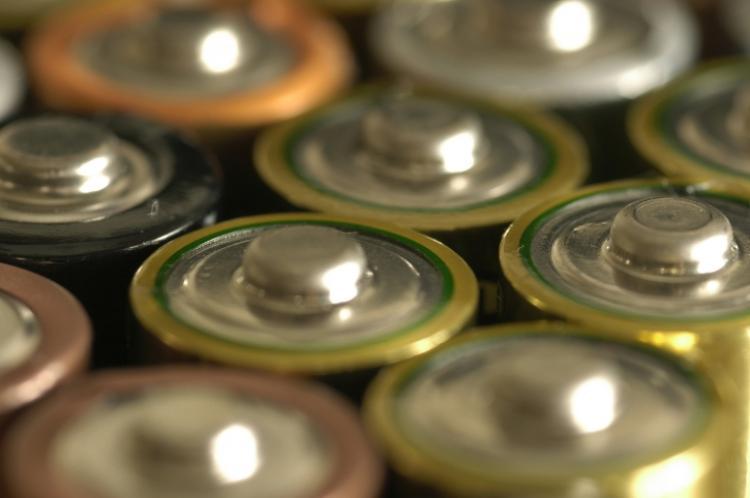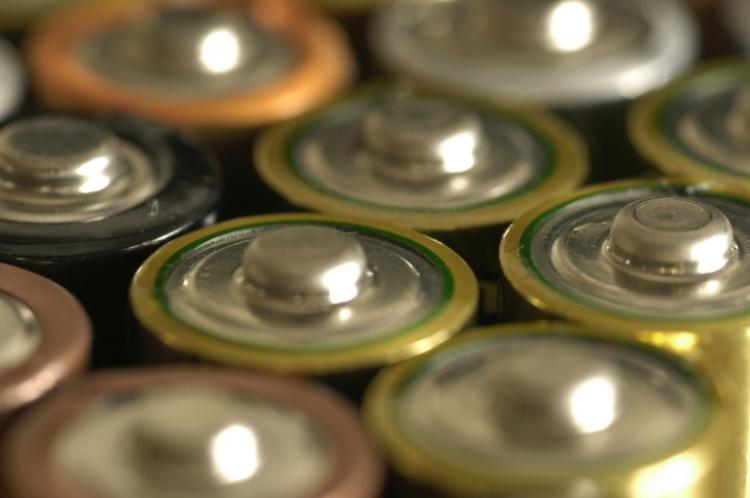Lithium batteries shipped in cargo planes could catch fire, and airlines should take precautions in order to prevent a potential fire, the Federal Aviation Administration (FAA) warned on Friday.
The safety alert comes more than a month after a UPS plane carrying a large quantity of cargo, including lithium batteries, caught fire and crashed. The accident, in which both pilots died, occurred on Sept. 3 in Dubai.
Lithium batteries, which are found in many portable consumer electronic devices such as cell phones and laptops, are flammable and have a propensity to self-ignite. When they overheat, they can catch fire and create a “thermal runaway, a chain reaction” making for a “catastrophic event,” the safety directive warned.
The FAA said that cargo planes currently aren’t equipped with the necessary equipment to contain and prevent lithium battery fires.
“There are currently no approved and tested containers that can sufficiently contain the known effects of accidental lithium metal battery ignition,” the report warned. “Common metal shipping containers, pails and drums are not designed to withstand a lithium metal cell fire.”
Also, the fire-extinguishing agent Halon 1301 found in some cargo compartments “is ineffective in controlling a lithium metal cell fire” that results from thermal runaway, the alert noted.
The FAA added that the alert does not apply to flyers who bring lithium batteries aboard passenger aircraft.
The Rechargeable Battery Association (PRBA), a trade group representing battery manufacturers, agreed with the FAA’s assessment.
“The PRBA is encouraged by two FAA recommendations on lithium batteries that are consistent with PRBA’s long-standing positions, specifically our support for international regulations and increased FAA enforcement,” said PRBA Executive Director George Kerchner in a statement.
The safety alert comes more than a month after a UPS plane carrying a large quantity of cargo, including lithium batteries, caught fire and crashed. The accident, in which both pilots died, occurred on Sept. 3 in Dubai.
Lithium batteries, which are found in many portable consumer electronic devices such as cell phones and laptops, are flammable and have a propensity to self-ignite. When they overheat, they can catch fire and create a “thermal runaway, a chain reaction” making for a “catastrophic event,” the safety directive warned.
The FAA said that cargo planes currently aren’t equipped with the necessary equipment to contain and prevent lithium battery fires.
“There are currently no approved and tested containers that can sufficiently contain the known effects of accidental lithium metal battery ignition,” the report warned. “Common metal shipping containers, pails and drums are not designed to withstand a lithium metal cell fire.”
Also, the fire-extinguishing agent Halon 1301 found in some cargo compartments “is ineffective in controlling a lithium metal cell fire” that results from thermal runaway, the alert noted.
The FAA added that the alert does not apply to flyers who bring lithium batteries aboard passenger aircraft.
The Rechargeable Battery Association (PRBA), a trade group representing battery manufacturers, agreed with the FAA’s assessment.
“The PRBA is encouraged by two FAA recommendations on lithium batteries that are consistent with PRBA’s long-standing positions, specifically our support for international regulations and increased FAA enforcement,” said PRBA Executive Director George Kerchner in a statement.






